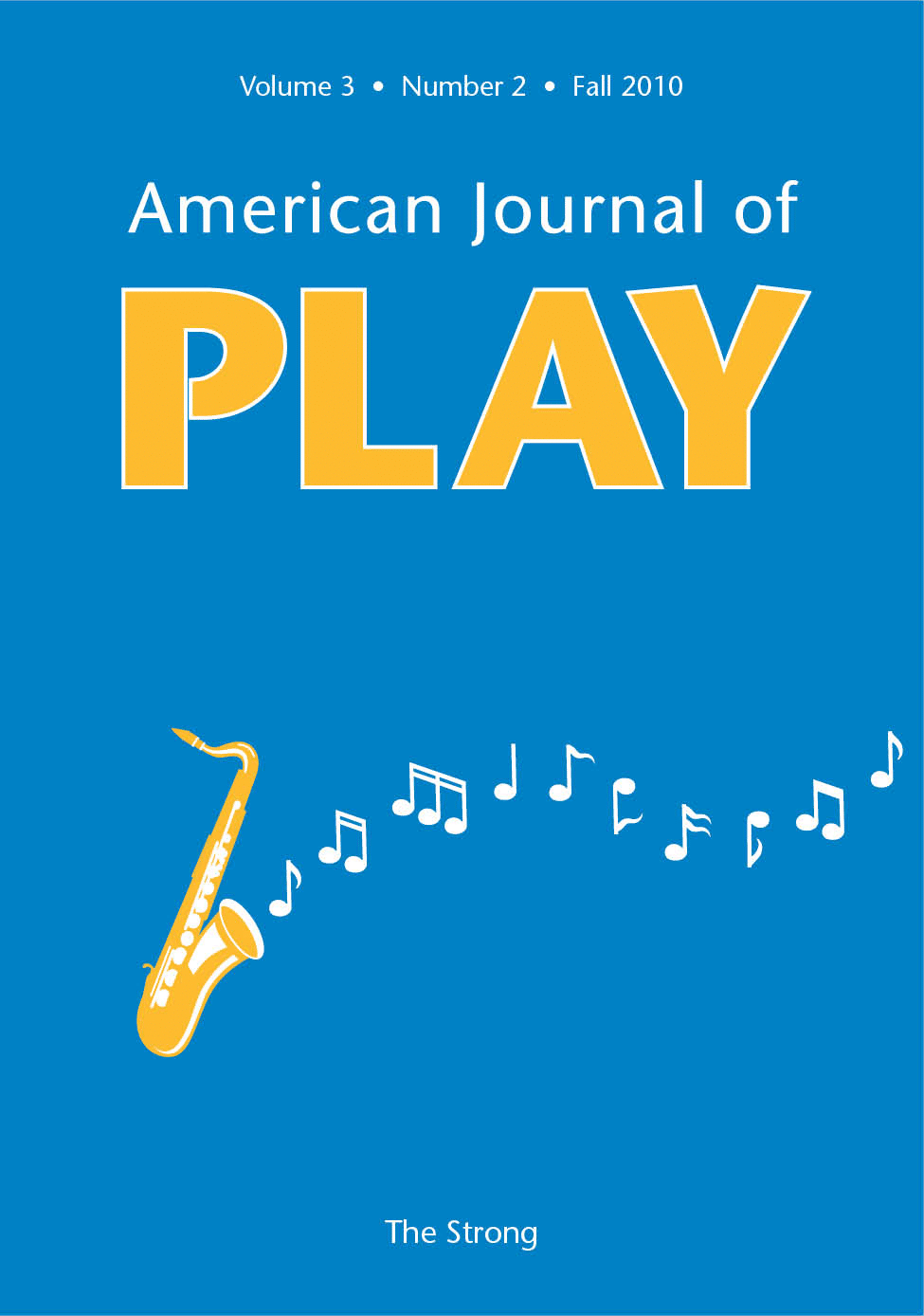Play and the History of American Childhood: An Interview with Steven Mintz
An authority on the history of American children and families, Steven Mintz is a professor of history at Columbia University, where he also directs the Graduate School of Arts and Sciences Teaching Center. Previously, he was a fellow at the Center for Advanced Study in the Behavioral Sciences at Stanford University and the Moores Professor of History at the University of Houston, where he founded and directed that university’s American Cultures Program and served as an associate dean. He is the author or editor of thirteen books, including Domestic Revolutions: A Social History of American Family Life (1988) and Huck’s Raft: A History of American Childhood (2004), which received the Organization of American Historians’ 2005 Merle Curti Award as the best book in American social history and the Association of American Publishers’ 2005 R. R. Hawkins Award as the best scholarly book. Among many other professional activities, Mintz is president of the Society for the History of Childhood and past president of H-Net: Humanities and Social Sciences online. He has also served as national cochair of the Council on Contemporary Families, as chair of the Organization of American Historians’ Teaching Committee, and on the advisory board of Film and History. He is the founder of the Digital History website (www.digitalhistrory.uh.edu), which is used by some one hundred thousand students and teachers each week. In this interview, Mintz discusses how Americans have regarded childhood and play, how our attitudes have changed over time, and how popular culture—particularly motion pictures but also other entertainment media—both reflect and affect our views of play.





